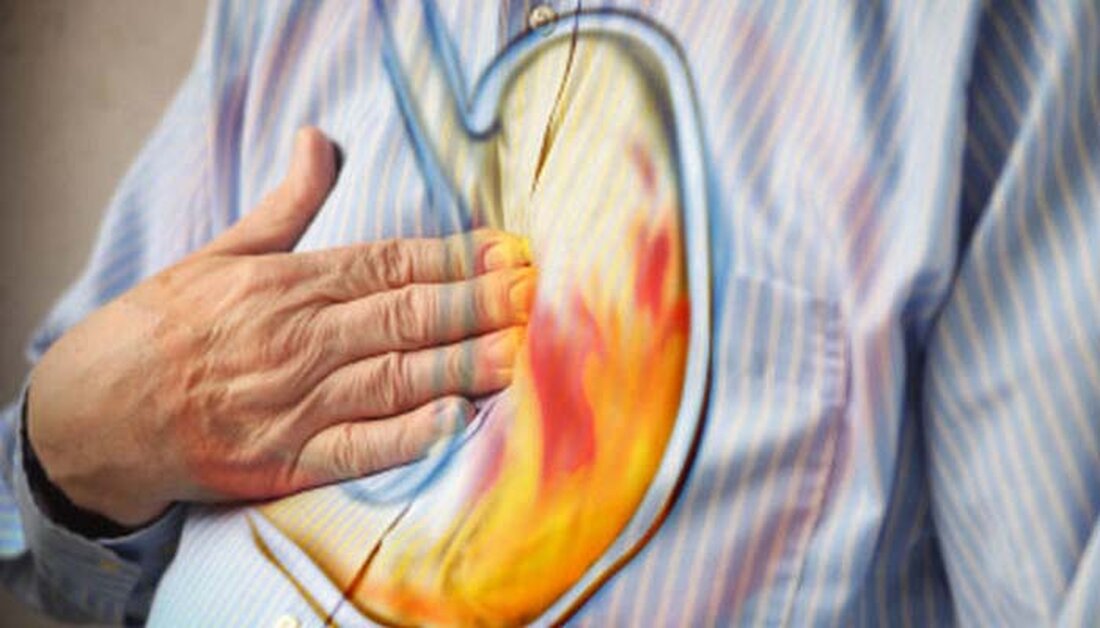Acid Reflux in Babies - Symptoms and Treatments
Acid reflux in babies is known as infant acid reflux, or infant reflux is more common in babies than more people realize. Because babies can't tell you what's wrong, it's important that parents recognize the signs and get the right diagnosis and treatment. Typically, babies who develop this condition outgrow it and have no further problems as adults. What is Baby Reflux? The condition presents very similarly to adults. After eating, stomach contents, instead of remaining in the stomach, move into the esophagus, causing a burning sensation...

Acid Reflux in Babies - Symptoms and Treatments
Acid reflux in babies is known as infant acid reflux, or infant reflux is more common in babies than more people realize. Because babies can't tell you what's wrong, it's important that parents recognize the signs and get the right diagnosis and treatment. Typically, babies who develop this condition outgrow it and have no further problems as adults.
What is Baby Reflux?
The condition presents very similarly to adults. After eating, stomach contents, instead of remaining in the stomach, move into the esophagus, which can cause a burning sensation known as heartburn. The acid in the stomach causes the burning sensation as food and liquids move up.
Symptoms of reflux
Because babies can't tell you whether they have heartburn or feel sick, you should be aware of the obvious signs of reflux in infants, including:
- Häufiges Ausspucken von Nahrung oder Galle (gelb)
- Schwierigkeiten beim Essen durch Würgen
- Anhaltender Husten
- Weinen während der Fütterungszeit
- Der Magen fühlt sich gasförmig oder zart an
- Kolik
- Anfälle von Lungenentzündung
Remember that not all symptoms have to be present for your baby to have acid reflux. These are the most common signs to look for. Often a baby quickly learns that food is causing his discomfort and may refuse to eat or have a slight appetite.
Diagnosis of reflux
Before you take your baby to your pediatrician, write down some of the symptoms you've noticed. It's easy to forget some symptoms when you're at the doctor's office.
The doctor will want to rule out anything serious and may order a variety of tests, including ultrasound, blood and other laboratory tests, or an upper GI series. In addition, esophageal pH monitoring may be performed to determine the level of acid in your child's esophagus. These tests are all helpful in getting to the bottom of the problem. The sooner treatment can begin, the better your baby will feel.
Treatment option for reflux
Depending on the severity of the reflux, there are different treatment options. Often a change in the way the child is fed changes the problem. These variations include giving frequent smaller feedings, pausing during feedings and attempting to burp the baby, and ensuring your child is in an upright position during feedings and immediately afterward. Switching to a new baby food can also help if you use formula.
Medications may also be used, including H-2 acid blockers such as lansoprazole and omeprazole, both of which are available over the counter or with a prescription. As a final outcome, and when all other options have failed, surgery may be performed to tighten the esophageal sphincter so that food remains in the stomach.
If you notice signs of acid reflux in babies, it's best to make an appointment with your pediatrician as soon as possible.
Inspired by Nguyen M Ha

 Suche
Suche
 Mein Konto
Mein Konto
